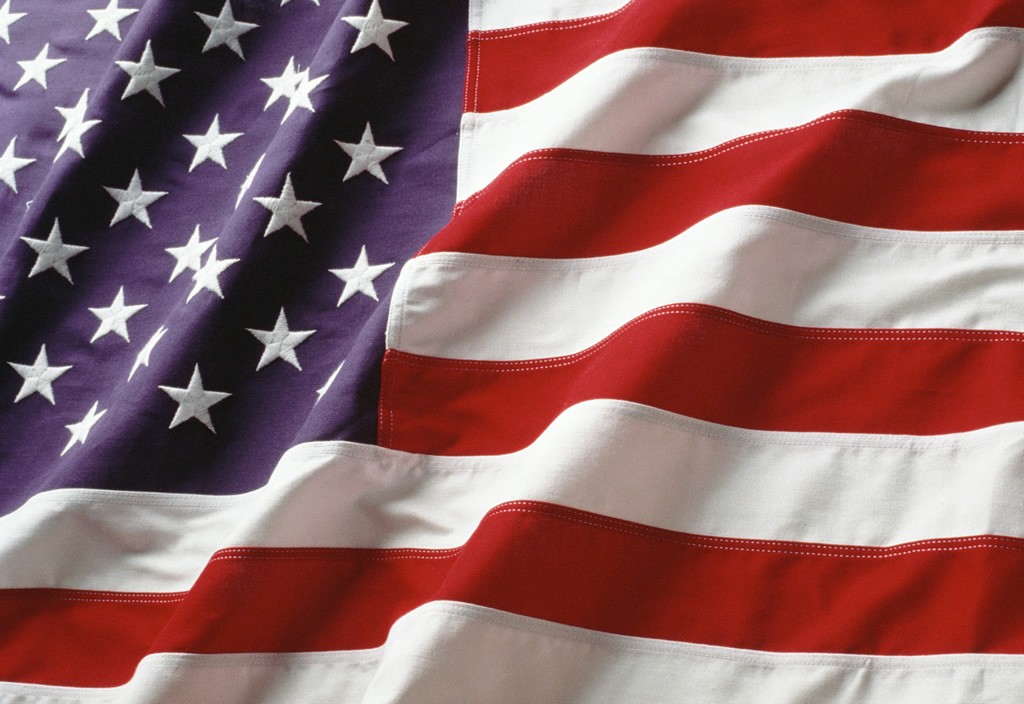Culture
In Case You Missed It: ‘Murica

Every week, In Case You Missed It takes a closer, more articulated look at the news that other outlets seemed to miss, or merely glossed over. This week, Mike Haverty goes back to last week’s celebration of the United States and what happens when patriotism goes ironic.
Hope everyone had a bombastic Fourth of July. Whether you were eating burgers or veggies, America is proud. Personally, I found myself at a mound of grilled meat while mumble-belting “God Bless The USA,” America’s depression anthem, the song America couldn’t stop singing because we didn’t know what else to do. The constant presence of “Proud” felt perfectly natural for the first year or two after 9/11. Country’s Lee Greenwood strings simple patriotic statements reiterating how a patriot should feel regardless of the song’s cringe-worthiness.
9/11 happened when I was in the seventh grade. The song’s ubiquity had become funny in eighth grade, hysterical by the first year of high school. Every school assembly would have some form of salute, usually “Proud to be…” along with the fight song and dance team remixes. The options on television weren’t much better. News stations rolled montages, sing-a-longs, pan and scans of stadium audiences, all screaming about standing up.
Wars started happening. “Shock and Awe” entered the country’s lexicon, because it sure did sound fun. We all couldn’t agree on this war, and this is about when America began sounding like “’Murica.” My friends and I were all southern-drawling Bush supporters at lunch time, shouting “’Murica!” to punctuate punchlines. The great boon and problem was that it only got funnier over time.
Now, though, one of the greatest words to emerge is waning for me. America starts with “M” when you’re a cynic, and cynicism is too easy on the Fourth. It’s incredibly easy to make fun of America. We suck right now, and things don’t look like they’re getting better soon. Aping the intellectual dregs by knowingly reciting ugly jingoism and illiterate dalliances only fosters an ironic pride. Ironic pride is inert. It means a person will wear too much red, white and blue or some hideous but patriotic sweater. Cheap beer will be bought, and too much food will be grilled to uphold the laws of ‘Murica. In the rituals of what I assume is a small pocket of twentysomethings, we’re not so much celebrating the Fourth as we are parodying it. We’re taking every trope, every traditional celebration for the holiday based on observation, and reenacting it at an ironic distance. In saying “’Murica,” we’re making fun of people who also don’t know how to be American, because the most American thing is not knowing how to spend a day away from work.
Growing up, patriotism was relentless. Now, it doesn’t matter. ‘Murica stands for and justifies dumb choices. And despite my stance on it, I’m still a sucker for a well-dropped ‘Murica. It represents a time and place where loose patriotism justified anything, if only because we briefly thought we knew what patriotism was. At the risk of sounding like a shitty junior high writing prompt, figure out what being American means beyond privilege, grief and country ballads. It’s the power of the holiday, but also the curse of being a smart American: escaping the base and ironic comforts of America on July 4th means being earnest on your day off.
Maybe you should have learned a little more in history. Or should study American history now. The fourth of July is a day to be proud. Of the men and women who stood up on principle throughout the years, helped the founding of a nation, restoration after its first civil war, waited until there was no other choice but to enter a world war at the sinking of the Lusitania and in WWII Pearl Harbor, chose to fight communism in Korea and Vietnam, and finally remove dictators in Iraq.
I’m proud of the part we’ve taken in history. If every young person out there now thinks America is not a country they can be proud of they need to get up and start volunteering helping others, showing as an American what good person is, and realizing that they are America and the good or bad they do is seen by others as America.